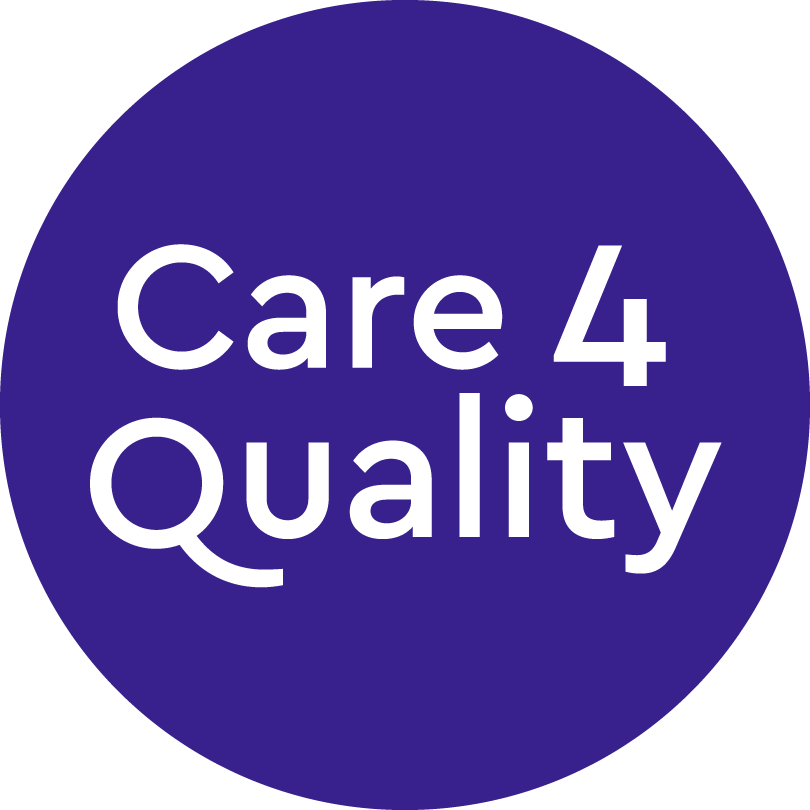The HARTMANN Direct and Care 4 Quality teams are always interested in ways of helping customers. We would prefer you lived a comfortable life, free from incontinence. Here is what we have learnt about preventing incontinence.
What is incontinence?
Incontinence is the leakage of urine or faeces or both. It is an involuntary act and can be a result of some easily managed medical conditions. It is more common as we get older, but it is neither certain you will suffer, nor is it a normal part of ageing.
It is obvious to say that you would be much better to prevent the onset of incontinence than deal with the consequences. Even though it is a treatable condition, it is embarrassing and uncomfortable and therefore, one best to be avoided. There are lots of ways you can reduce the chance you will suffer.
Drink clear fluids
If you are dehydrated, you can cause constipation, or you can irritate your bladder. Therefore, you need to drink lots. However, it is best to drink water rather than tea, coffee or carbonated drinks. These drinks are more likely to dehydrate you.
You should aim to drink about two litres a day, or six to eight glasses of water. If you are exercising or the weather is hot, you should drink more.
You can check whether you are hydrated or not by checking on the colour of your urine. If you are properly hydrated, your urine should be pale yellow. If you have dark yellow urine, it means it is more concentrated, and you are therefore in need of fluids. Be careful; certain foods can also change the colour, such as beetroot.
By maintaining your hydration and reducing constipation and the possibility of urinary infection, you support the health of your bladder and bowel for the future.
Eat a high-fibre diet
Another way to maintain healthy toilet going habits is to eat fibre that will reduce the chances of constipation. In the short term, if you suffer from chronic constipation, it can lead to faecal incontinence as your bowel will overflow.
There are lots of ways to add fibre to your diet. You could choose cereal for breakfast, such as porridge. For your lunch and dinner, you could include brown rice, wholemeal pasta, or pulses. It is best to avoid highly processed foods if you are prone to constipation.
However, to make this dietary fibre effective, you need to stay hydrated. Dietary fibre needs water to plump up the stool and ease passing.
Exercise regularly
Speak to any runner, and they will tell you that there is nothing better for stimulating toilet going than exercise. Remember Paula Radcliffe by the side of the road during the London Marathon?
However, there are long-term reasons to maintain your weight using this exercise. If you carry a lot of weight, you are placing pressure on your pelvic floor, which is the muscle responsible for controlling your bladder and bowel function.
Therefore, the exercise does not have to be rigorous to be helpful. Walking briskly for 30-minutes or more is excellent for your general health, never mind your bladder and bowel health. You can also do exercises that are specifically aimed at strengthening the pelvic floor muscle. If you go to a Pilates or yoga class, you can do a lot to maintain this essential muscle.
Good toilet habits
Few people openly speak about the fact that there are good toilet habits, but there are. It is best, for instance, to wait until your bladder is full before going to the toilet. If you go before, you can encourage your bladder to give you the urge to urinate even if it isn’t full. You should also allow the urine to come out at its own pace, not using your pelvic floor muscle to push it out.
Alternatively, if you feel the urge to pass faecal matter, you shouldn’t try to hang on, as this can result in constipation. Avoid straining too much during a bowel motion, as this can result in swollen veins in the anus and weaken your muscles. If you put your feet on a footstool, elbows on your knees and straighten your back, you will ease the flow of faecal matter. Laxatives may be necessary, but they should be a short-term solution.
Sensible lifestyle choices
Generally, as with most features of health, a sensible lifestyle is the best route to preventing incontinence. Avoid too much alcohol and caffeine, do not smoke, treat all urinary tract infections and problems with constipation quickly and maintain a healthy weight.
